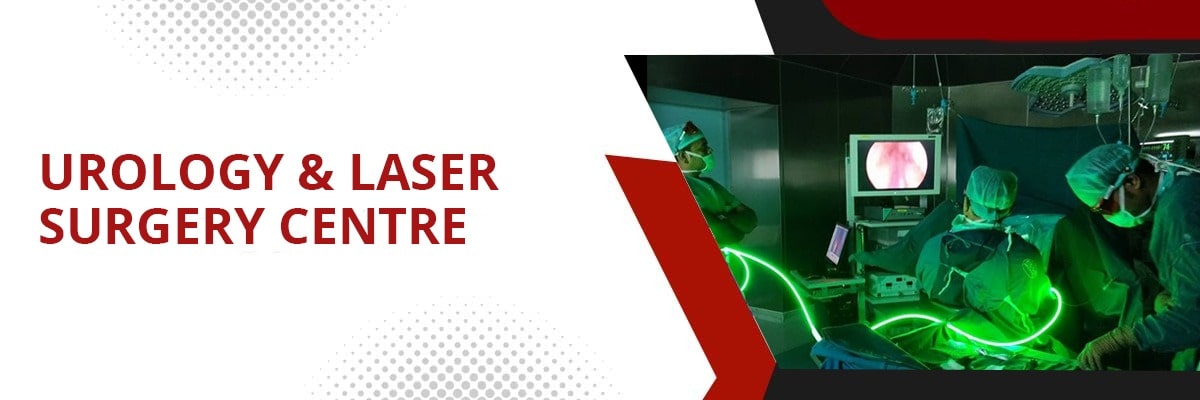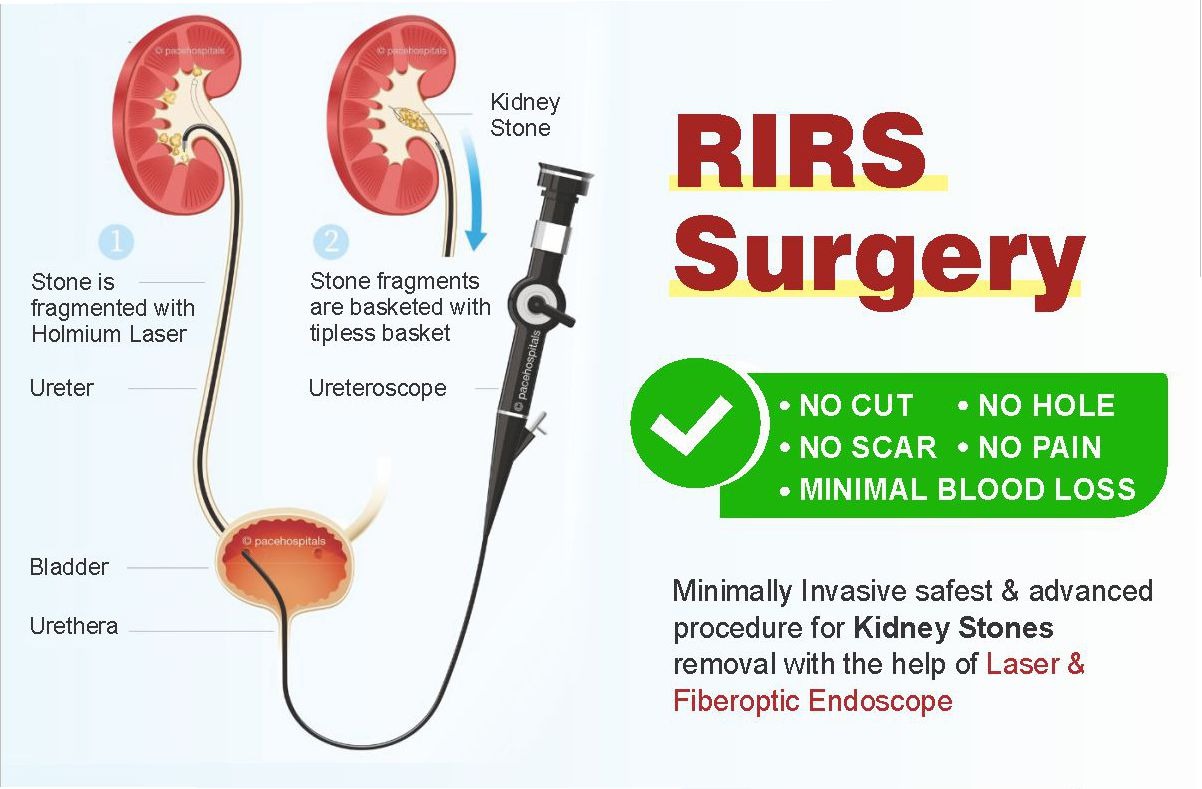
About
The department of urology has been proficiently run by qualified and vastly experienced team of urologists for the more than past 15 years. It has now introduced advanced laser technology to perform simple and complex surgeries. Kidney, ureteric and bladder stones and prostatic surgeries. The department also performs Pediatric urosurgeries and surgery for urological cancers and treatment of male sexual disorders.
Services & Facilities
At SRMS Hospital in Bareilly, we are committed to providing comprehensive and state-of-the-art urology services and facilities to address a wide range of urological conditions. Our specialized urology department is equipped with advanced technology and staffed by experienced urologists, nurses, and support staff. Here are the key services and facilities we offer:
Consultation and Diagnosis:
- Expert consultation with highly skilled urologists
- Thorough medical history review and physical examinations
- Advanced diagnostic tools, including imaging studies and laboratory tests
Minimally Invasive Surgery:
- Laparoscopic and robotic-assisted surgeries for various urological conditions
- Minimally invasive procedures for kidney, bladder, and prostate conditions
- Reduced postoperative pain, shorter hospital stays, and quicker recovery times
Endoscopic Procedures:
- Cystoscopy and ureteroscopy for diagnosing and treating urinary tract issues
- Transurethral resection of the prostate (TURP) for enlarged prostate management
Kidney Stone Management:
- Extracorporeal shock wave lithotripsy (ESWL) for non-invasive kidney stone fragmentation
- Advanced laser techniques for endoscopic stone removal
- Comprehensive evaluation and dietary counseling to prevent recurrent stone formation
Prostate Health:
- Diagnosis and management of benign prostatic hyperplasia (BPH)
- Prostate-specific antigen (PSA) screening and prostate cancer management
Bladder Health:
- Evaluation and treatment of urinary incontinence and overactive bladder
- Urodynamic studies to assess bladder function
Male Sexual Health:
- Diagnosis and treatment of erectile dysfunction
- Penile implant surgery for select cases
Pediatric Urology:
- Specialized care for congenital urological conditions in children
- Surgical and medical management of pediatric urological disorders
Cancer Care:
- Multidisciplinary approach to diagnosing and treating urological cancers
- Collaboration with oncologists and radiologists to provide comprehensive care
Advanced Imaging and Diagnostics:
- High-resolution ultrasound, MRI, and CT scans for accurate diagnoses
- Prostate biopsy using the latest techniques for precise cancer detection
Dedicated Operating Theatres:
- State-of-the-art operation theaters equipped for complex urological surgeries
- Highly trained surgical teams with expertise in urological procedures
rris

RIRS is a minimally invasive procedure to remove the stones from the kidneys; during the surgery, a type of viewing tube known as a fiberoptic endoscope that is passed through the kidney. Because the fibre-optic is flexible, it may readily bend within the renal system and can easily enter the kidney and ureter.
The tube is inserted into the ureter, which is the part of the kidney that collects urine, and it helps in the visualization of various parts of the kidney. The narrow laser fibre is then passed through the scope, which breakdown stones into extremely fine particles to make it simpler to wash out with urine or saline irrigation.
The best aspect about the procedure is that there is no need for an incision, and the patient is given general / local anaesthesia. The urologist will execute the procedure to ensure that you receive the best possible care.
Treatments
- Urinary Tract Infections (UTIs) Treatment: Antibiotics are commonly prescribed to treat bacterial infections in the urinary tract.
- Kidney Stone Treatment: Treatment options vary based on the size and location of the kidney stones. They might include pain management, hydration, and in some cases, procedures like extracorporeal shock wave lithotripsy (ESWL) or surgical removal.
- Prostate Disorders Treatment: Conditions like benign prostatic hyperplasia (BPH) can be treated with medications or surgical interventions, depending on the severity of the condition.
- Bladder Disorders Treatment: Conditions like urinary incontinence or overactive bladder might involve lifestyle changes, medications, or surgical options.
- Erectile Dysfunction Treatment: Depending on the underlying causes, treatments might include lifestyle changes, medications, vacuum erection devices, or surgical implants.
- Cancer Treatment: Urology also deals with cancers of the urinary tract and male reproductive organs, such as prostate cancer, bladder cancer, and kidney cancer. Treatment options might include surgery, radiation therapy, chemotherapy, or targeted therapies.
- Infertility Treatment: Urologists can address male infertility issues through various treatments, including medications, surgery, or assisted reproductive techniques.
- Pediatric Urology Treatment: Children with urological issues might receive specialized care and treatment tailored to their age and condition.
- Laparoscopic and Robotic Surgery: Minimally invasive techniques like laparoscopy and robotic-assisted surgery are increasingly used for various urological procedures, offering shorter recovery times and less scarring.









